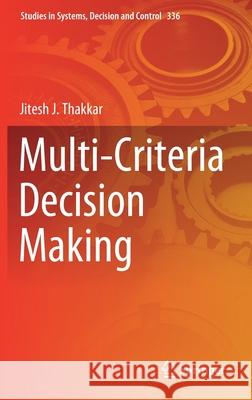Multi-Criteria Decision Making » książka
topmenu
Multi-Criteria Decision Making
ISBN-13: 9789813347441 / Angielski / Twarda / 2021 / 390 str.
Multi-Criteria Decision Making
ISBN-13: 9789813347441 / Angielski / Twarda / 2021 / 390 str.
cena 805,10
(netto: 766,76 VAT: 5%)
Najniższa cena z 30 dni: 693,97
(netto: 766,76 VAT: 5%)
Najniższa cena z 30 dni: 693,97
Termin realizacji zamówienia:
ok. 16-18 dni roboczych.
ok. 16-18 dni roboczych.
Darmowa dostawa!
Kategorie:
Kategorie BISAC:
Wydawca:
Springer
Seria wydawnicza:
Język:
Angielski
ISBN-13:
9789813347441
Rok wydania:
2021
Wydanie:
2021
Numer serii:
000477984
Ilość stron:
390
Waga:
0.74 kg
Wymiary:
23.39 x 15.6 x 2.39
Oprawa:
Twarda
Wolumenów:
01
Dodatkowe informacje:
Wydanie ilustrowane











